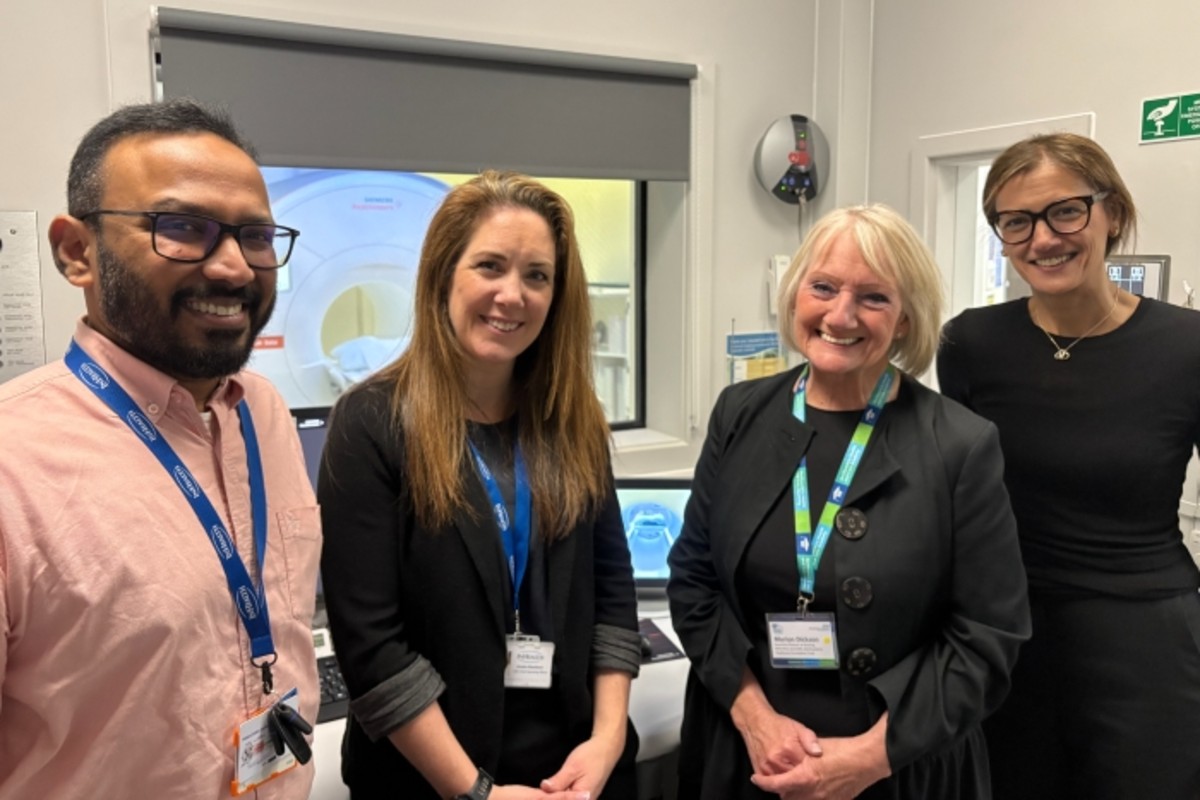We've all seen the headlines and heard the furore about the pressures the NHS is facing: overworked doctors, long waiting times, mounting bureaucracy – the list goes on.
When we look at the burden of administration in healthcare, most people imagine doctors buried under piles of paperwork, endlessly filing reports, or taking notes. But the reality is even more confounding.
Everyday healthcare professionals lose precious time (and a part of their soul) to medical coding. It's the currency of healthcare, but it's a massive headache, and it's making an already difficult situation in everyday healthcare practice unnecessarily painful.
In essence, medical coding means the ICD-10 classification of diseases – a labyrinth of 18,000 terms we learn to navigate on the job. For every diagnosis, procedure, or treatment that takes place, doctors must assign specific, standardised codes that turn patient care into the data the NHS relies on to shape its services.
This is more than just an administrative chore; it's vital to the functioning of our healthcare system, helping allocate funding and design better services. But it's also one of the most time-consuming, stressful and quite frankly, boring parts of a doctor's job.
Imagine a typical hospital consultant examining 30 to 40 patients a day, who must translate each interaction into accurate medical codes. They could conceivably spend hours on coding every week - time that ought to be dedicated to their practice.
Time is also lost once the consultant's notes go to the hospital's coding department. Most doctors' handwriting (mine included) is often barely legible, meaning that when coders need to double-check medical details, they often have to track the doctor down for clarification. It's the sort of ‘tear your hair out' back-and-forth process that saps morale while also creating opportunities for coding errors to creep in – you're asking doctors to recall details from one of potentially hundreds of patient consultations they've attended in the past week. This can have serious consequences, as errors in medical records can affect patients' future treatments and financial reimbursement.
Over the next 15-20 years the NHS will face a tidal wave of new patients as the population ages and healthcare needs become more complex. While the long-term solution might be to train more doctors, even medical students starting their training today won't be fully qualified for nearly a decade.
So we need to look at what we can do to free up existing medical staff to spend more time with people. This means solving the administrative burden, which in turn means using better technology and using it smartly.
AI is the obvious choice here, the fastest way to lighten the NHS's load and generate more time for patient care. Digital medical records, cloud-based systems and AI tools are more sophisticated and accessible than ever before. Put these three things together, and we have a real opportunity to transform how healthcare operates.
Coding is the perfect example. There are now AI tools, similar to those you might use for video calls, that take notes throughout medical consultations and suggest codes to match the symptoms and treatments discussed. Doctors get to veto or keep codes, cutting down laborious admin from minutes to just seconds. The tools can boost the accuracy of medical notes, cut down on errors and link codes to the text to explain why they were chosen - and they might even save the coding department from some of that hair-pulling.
Of course, headline-grabbing AI clinical applications stir as much anxiety as they do excitement. People both within and outside the NHS worry about the risks of using AI to treat patients, particularly when it's suggested that AI agents could replace human consultation. But people also worry about NHS waiting lists and how long it's taking to get essential treatment. The NHS needs an AI strategy that tackles both of these concerns – focusing not just on clinical breakthroughs but on transforming its back-office operations to free up human practitioners to see more patients.
AI presents an undeniable opportunity to streamline NHS processes, but to succeed, we need more than just fancy tech. The NHS must adopt AI as a core part of its strategy, ensuring tools are user-friendly, interoperable, and trusted.
Implementation support is crucial to avoid past failures where tools sat gathering dust, and proper training and clear communication about AI's benefits will help build trust and ease adoption.
So, while we wait for a bold AI strategy, I'll be (carefully) sipping my hot tea and wondering why AI isn't coding this nonsense already.



